By Swill Mavua
Ade had always been fascinated by the world around him. Growing up in 1970s Nigeria, he witnessed the country’s tumultuous history firsthand – the civil war, the oil boom, and the vibrant culture that defined the era. But little did he know, his life was about to take a dramatic turn.
One fateful day, while exploring the ancient city of Lagos, Ade stumbled upon a mysterious artifact. As soon as he touched it, he felt a strange sensation wash over him. The next thing he knew, he found himself standing in the midst of a bustling Lagos, but this was not the Lagos he knew. The year was 2010, and everything had changed.
At first, Ade was disoriented and overwhelmed. The skyscrapers, the cars, and the people all seemed so different from what he was used to. He marveled at the cell phones, the internet, and the fast-paced lifestyle of modern Nigeria. But as he navigated this new world, he began to realize the challenges that Nigerians faced in this era – corruption, poverty, insecurity, and decaying infrastructure.
Ade’s experiences in the 1970s and 1980s had not prepared him for the complexities of modern Nigeria. He was shocked by the level of inequality, the decay of infrastructure, and the seeming lack of direction in the country. Yet, he was also heartened by the resilience of the Nigerian people, their determination to succeed despite the odds, and the vibrant culture that continued to thrive.
As Ade navigated this new world, he met people from all walks of life. He encountered entrepreneurs, artists, and activists who were working to build a better Nigeria. He saw the impact of technology on the economy, the fading middle class, and the evolving social norms. Through his experiences, Ade gained a new perspective on his own time and the challenges that Nigerians had faced in the past.
Despite the initial culture shock, Ade began to adapt to his new surroundings. He learned about the changes in politics, economy, and society, and he started to see the world through the eyes of a modern Nigerian. He realized that while some things had changed, others remained the same – the resilience, the creativity, and the determination of the Nigerian people.
As Ade settled into his new life, he began to reflect on his experiences in both eras. He saw the progress that had been made, but he also saw the challenges that still lay ahead. He realized that Nigeria’s story was one of contrasts – of light and darkness, of hope and despair, of progress and regression.
Ade’s journey through time had given him a unique perspective on Nigeria’s past, present, and future. He had seen the best and worst of both eras, and he had come to appreciate the complexities of the country’s history. As he looked to the future, Ade knew that Nigeria’s story was far from over. There were big challenges to be overcome, but there were also opportunities to be seized.
In the years that followed, Ade became an advocate for positive change in Nigeria. He used his experiences to educate others about the importance of understanding the past, appreciating the present, and working towards a better future. He wrote articles, gave lectures, and engaged in community development projects. Through his efforts, Ade aimed to inspire a new generation of Nigerians to take ownership of their country’s future.
As Ade looked back on his journey, he realized that his time travel experience had been a blessing in disguise. It had given him a new perspective on life, a deeper understanding of his country’s history, and a sense of purpose. He knew that he would always cherish the memories of his time in both eras, and that he would continue to work towards building a better Nigeria for all.
In the end, Ade’s story became a testament to the power of resilience, adaptability, and determination. It showed that even in the face of adversity, individuals could make a difference and contribute to positive change. And as Ade looked out at the Lagos skyline, he knew that he had found his place in the world, and that he would continue to be a part of Nigeria’s ongoing story.
The city lights twinkled like stars in the night sky, and Ade felt a sense of disillusion and optimism at the same time wash over him. He knew that Nigeria’s future was bleak, given the political engineering, but he was determined to make it bright. And that he would be a part of it, working towards a better tomorrow for all. With a sense of purpose and determination, Ade walked forward, into a future that was full of promise and possibility. The city lights shone brighter, and the stars twinkled like diamonds in the night sky, as Ade hoped and walked towards a brighter tomorrow. And that’s the story of an Obidient.
- The Straight Talk.

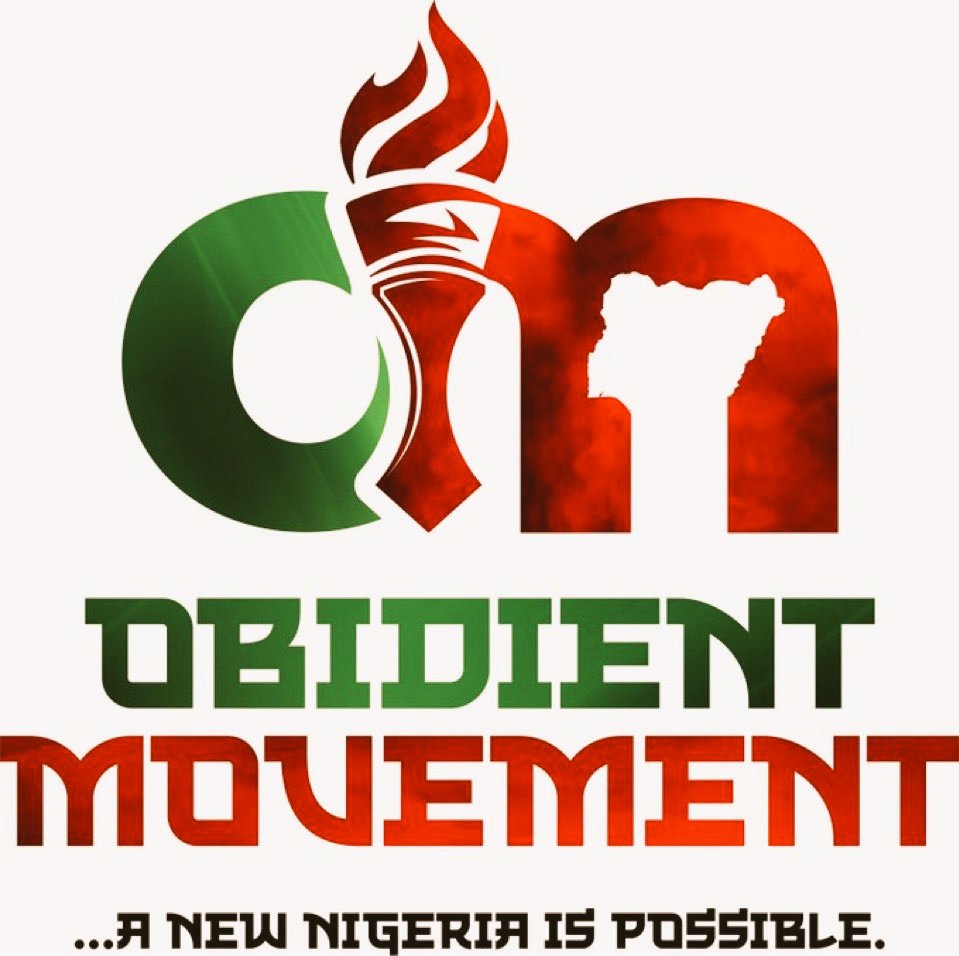
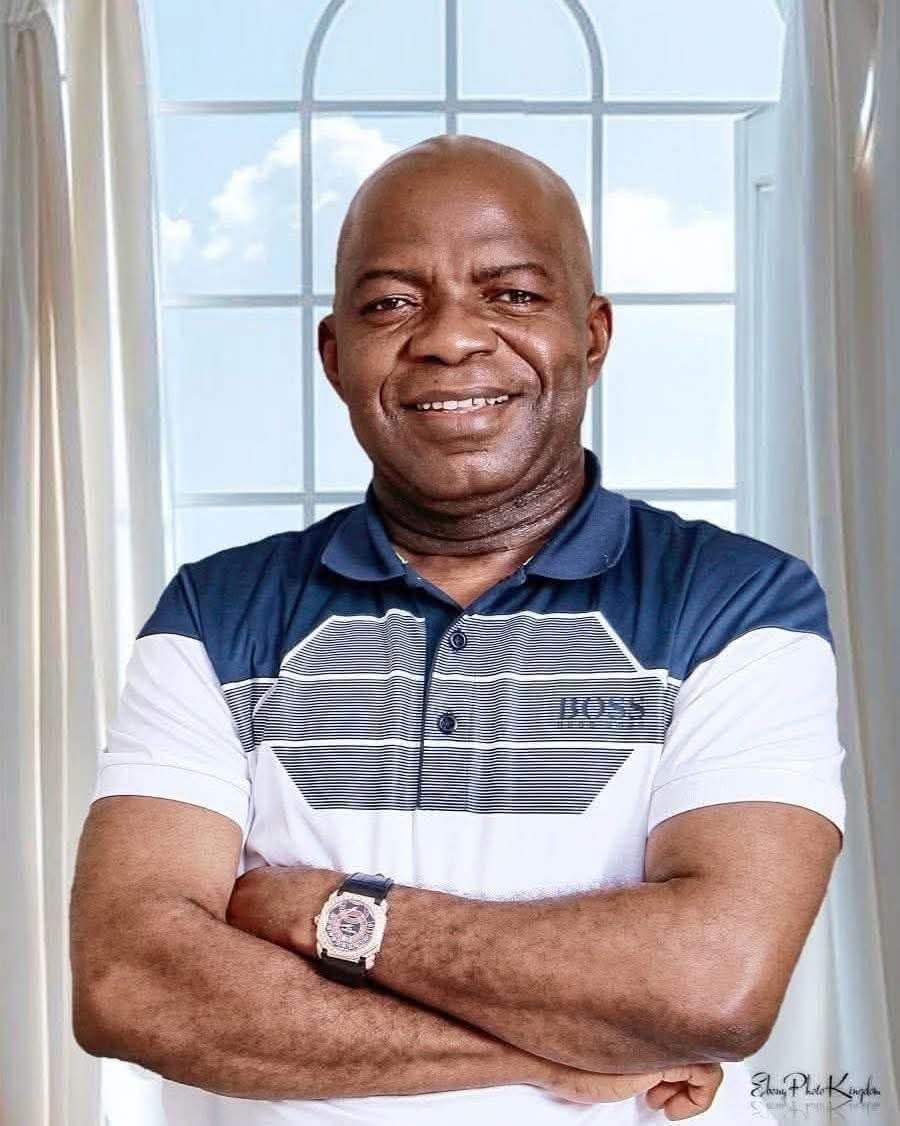
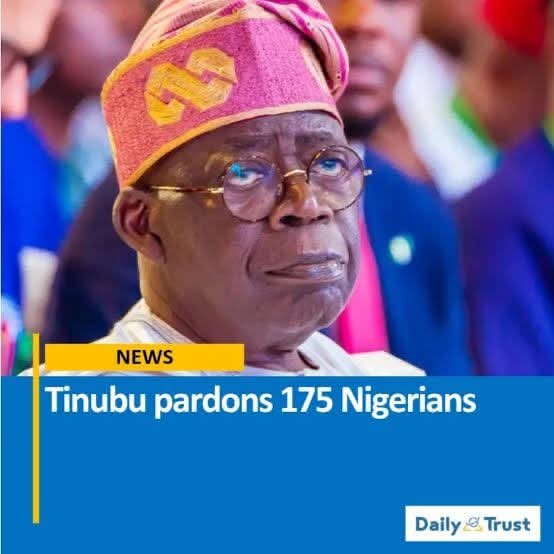
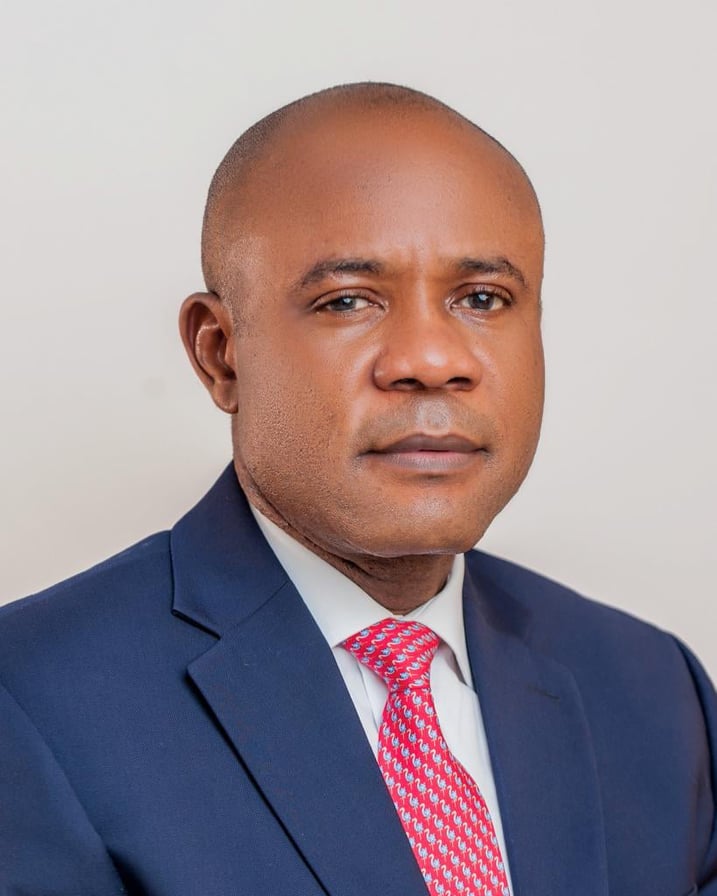
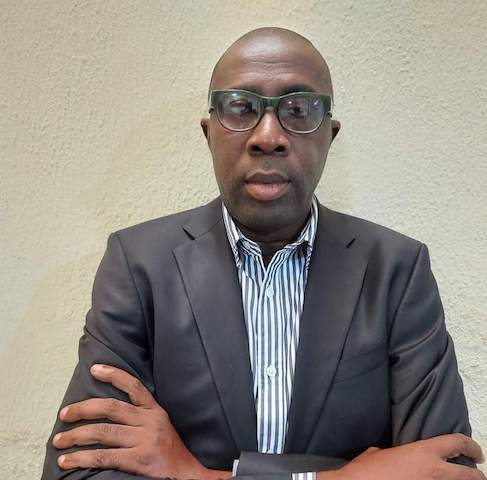

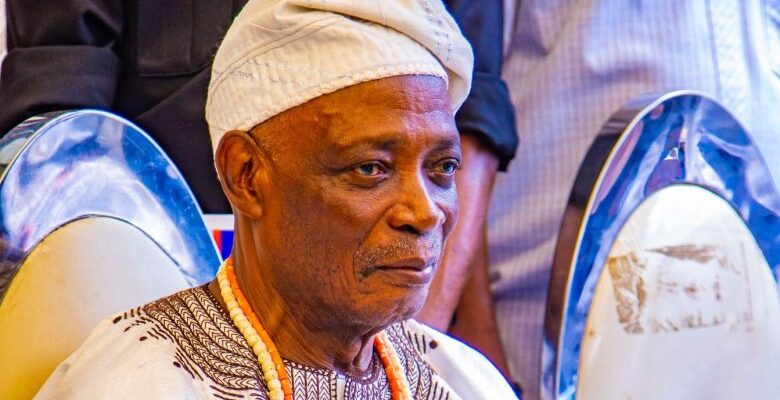



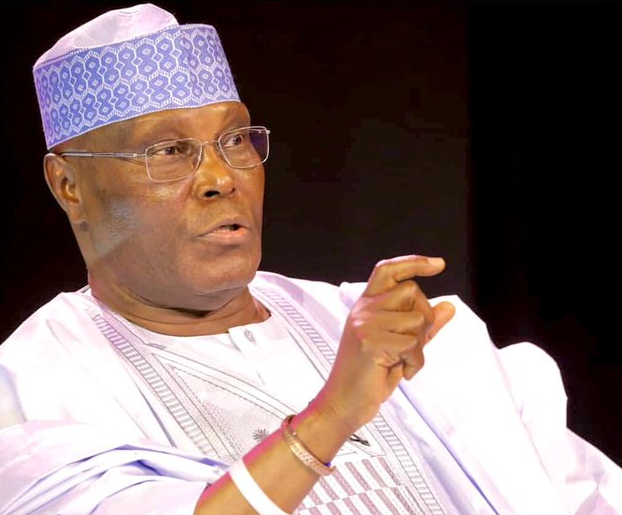
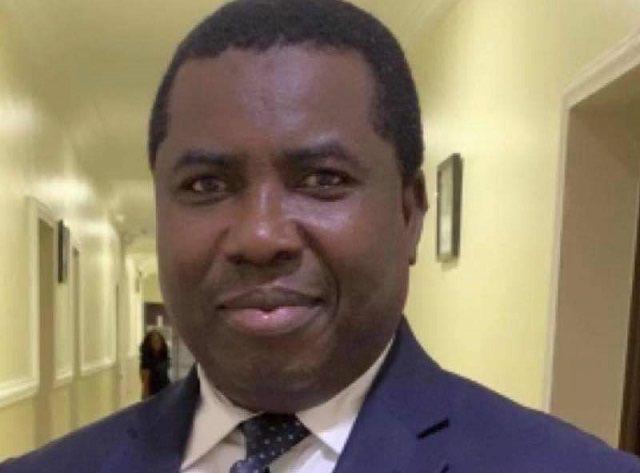
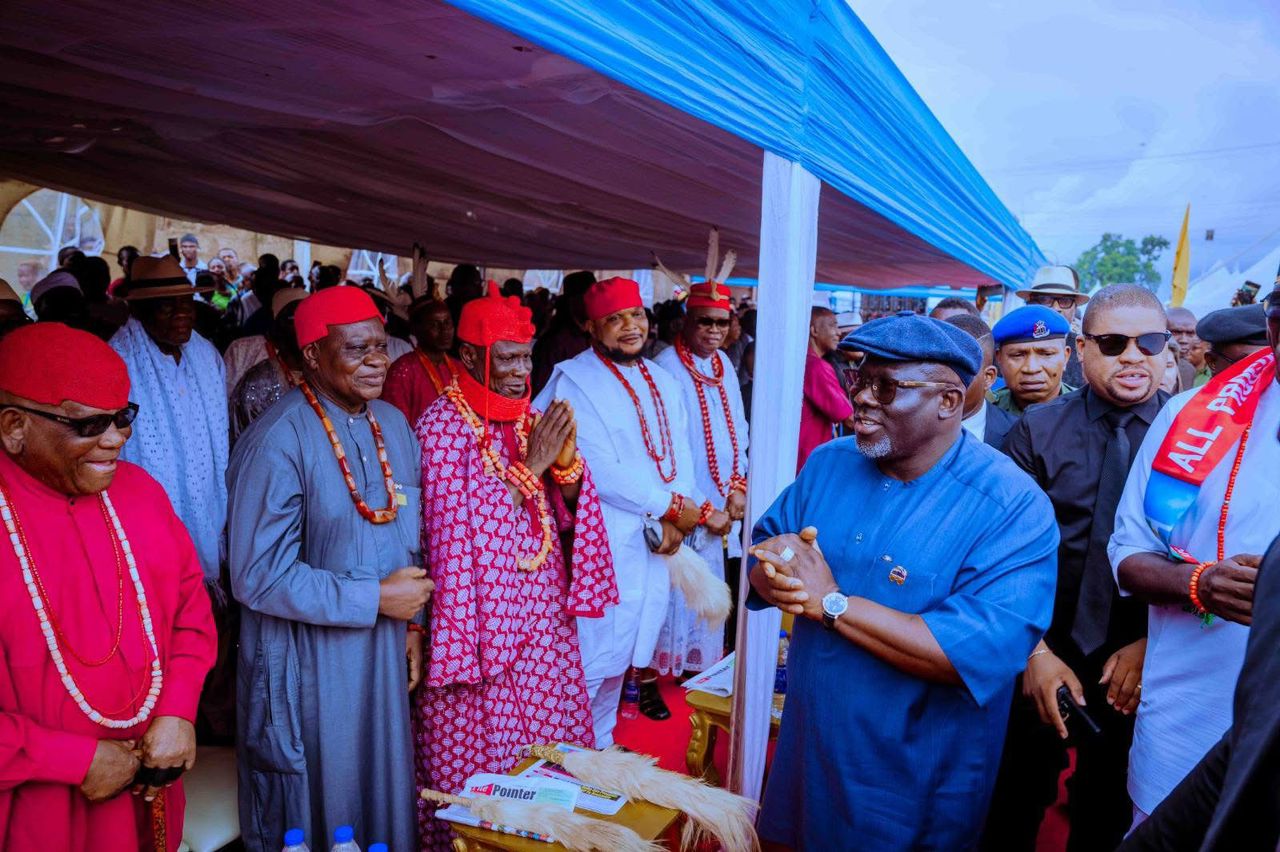
Leave a Reply